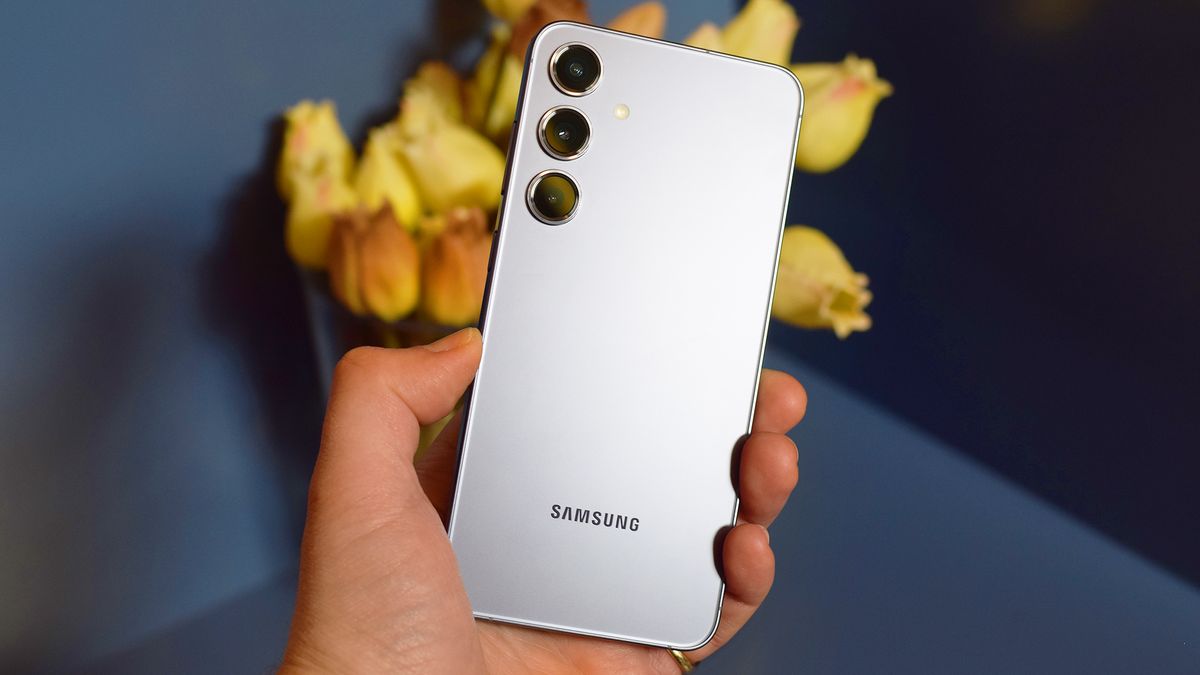The GSMA's new report, released at its Indonesia Digital Nations Summit in Jakarta, assesses Indonesia's progress towards becoming a digital nation and recommends actions to accelerate progress.
December 6, 2023, Jakarta: The Indonesian government has taken firm steps towards becoming a leading digital nation, according to a report released today at the GSMA Indonesia Digital Nations Summit in Jakarta. However, the country needs to take a “whole of government” approach and be more united around critical policy requirements, if Indonesia is to achieve its goals of digitally transforming society and becoming a top 10 global economy by 2030.
By doing so, Indonesia will unlock around $18 billion in mobile industry investments between 2024 and 2030, primarily in 5G networks. This, in turn, is expected to contribute $41 billion to GDP over the next six years.
As part of its key recommendations, the GSMA report, titled “Forging a resilient digital nation: proposals for the future of Indonesia”, analyzes Indonesia's path to becoming a digital nation and recommends action points that the government and industry must accelerate to achieve this transition. Above all, the report outlines opportunities to improve and accelerate progress across each of the five pillars – infrastructure, innovation, data governance, security and people – that will help it realize its ambition to become one of the world's leading digital nations. world.
Digital nations incorporate digital technologies and services into all sectors of the economy, with the aim of boosting productivity and improving citizens' livelihoods. 5G is a key component of the infrastructure needed to power future digital nations, given its ability to deliver reliable network-based services and enable emerging technology that will help reshape the local economy and modernize industries.
Julian Gorman, head of APAC at GSMA, said: “While Indonesia has achieved notable success on its path to becoming a digital nation, transforming the country's digital ecosystem will not be possible without the necessary investment from the private sector. To unlock this, a whole-of-government approach is needed to ensure the right measures are in place to encourage this, including incentivising investment in infrastructure, simplifying sector-specific tariffs and reducing bureaucracy.”
Despite the country consisting of more than 18,000 islands, Indonesia has achieved an expansive network of digital infrastructure with 96% of the population now covered by 4G networks. However, 5G mobile connectivity will be crucial to achieving new economic goals and investment will require “political imperatives” to accelerate the deployment of 5G infrastructure, where it is needed most. These recommendations include:
Guarantee sustainable investments in digital networks
The launch of 5G will drive an increase in smartphone demand and data traffic. In Indonesia, shipments of 5G models grew by 54% in the third quarter of 2023 and accounted for 19% of the total. However, operators' ability to expand network capacity and coverage is often hampered by regulatory restrictions, market structures and excessive tax burdens. This has created an investment gap where market conditions for private investment in telecommunications networks are not favorable enough to meet ambitious national and regional digital policy objectives.
The GSMA report therefore urges all parts of government to work together with industry stakeholders to:
- Encourage voluntary infrastructure sharing (passive and active) to reduce the cost of network deployment, particularly in difficult terrain.
- Reduce bureaucracy to obtain necessary permits and right-of-way (RoW) for cell site siting and fiber deployment. to facilitate network deployment, in particular 5G densification. For example, the amendment to India's RoW rules in 2022 is credited with the rapid deployment of fiber and 5G infrastructure in the following months.
- Reduce and simplify taxes and sectoral fees (including tower taxes and tower construction permit fees, and various fees imposed by municipal authorities) to alleviate the cost burden of network deployment and operations and ensure the financial sustainability of the mobile industry.
- Provide political incentives to encourage investment in infrastructure.. In South Korea, government incentives in the form of tax credits and tax reductions for operators announced in 2020 helped unlock investment of around KRW 25.7 trillion (USD 22 billion) in 5G networks.
- Allow greater consolidation in the telecommunications sector. to drive synergies and scale necessary for expansive infrastructure deployment.
Achieve sustainable spectrum pricing
As the GSMA recently warned, Indonesia also risks a US$14 billion (IDR 216 trillion) productivity loss in its economy unless it focuses on ensuring future mobile spectrum prices are sustainable. Therefore it recommends that:
- Reserve prices are set conservatively below market value estimates. to enable pricing and reduce the risk of unsold spectrum.
- The Government reviews the formula to calculate annual spectrum fees (BHP IPFR) and consider adjustments to parameters to provide appropriate long-term incentives and avoid disproportionate increases in costs that are not aligned with changing market conditions.
- Clear spectrum roadmap laid out that considers not only the current bands that are being planned but also the longer-term needs of Indonesia, especially for the middle bands in the period 2025-2030. Greater certainty about spectrum availability and associated conditions is crucial for operators to prepare investment plans, secure financing and develop strategies for network deployment and service provision.
Indonesia Digital Nations Summit
The report's findings were released as the GSMA hosted its Indonesia Digital Nations Summit at The Westin Jakarta. To download the Indonesia Digital Nations report, click here.
Indonesia has become a key player in the global community, and the full-day event provided a platform to explore the country's digital landscape in the context of its digital ambitions and cultivate engagement aimed at harnessing the potential of its digital ecosystem. .
The GSMA welcomed a distinguished line-up of speakers to the stage for several keynotes, private talks and panels on topics such as the vision for digital Indonesia, the role of telecommunication networks in supporting its digital future and the potential of 5G in the country. .
-END-
About the GSMA
The GSMA is a global organization that unifies the mobile ecosystem to discover, develop and deliver critical innovation for positive business environments and social change. Our vision is to unlock the full power of connectivity so that people, industry and society thrive. Representing mobile operators and organizations across the mobile ecosystem and adjacent industries, the GSMA offers its members three broad pillars: connectivity for good, industry services and solutions, and outreach. This activity includes advancing policy, addressing today's biggest societal challenges, supporting the technology and interoperability that make mobile devices work, and providing the world's largest platform to convene the mobile ecosystem at the MWC and M360 series of events.
We invite you to learn more at gsma.com
Media contacts
GSMA Press Office
press [email protected]









